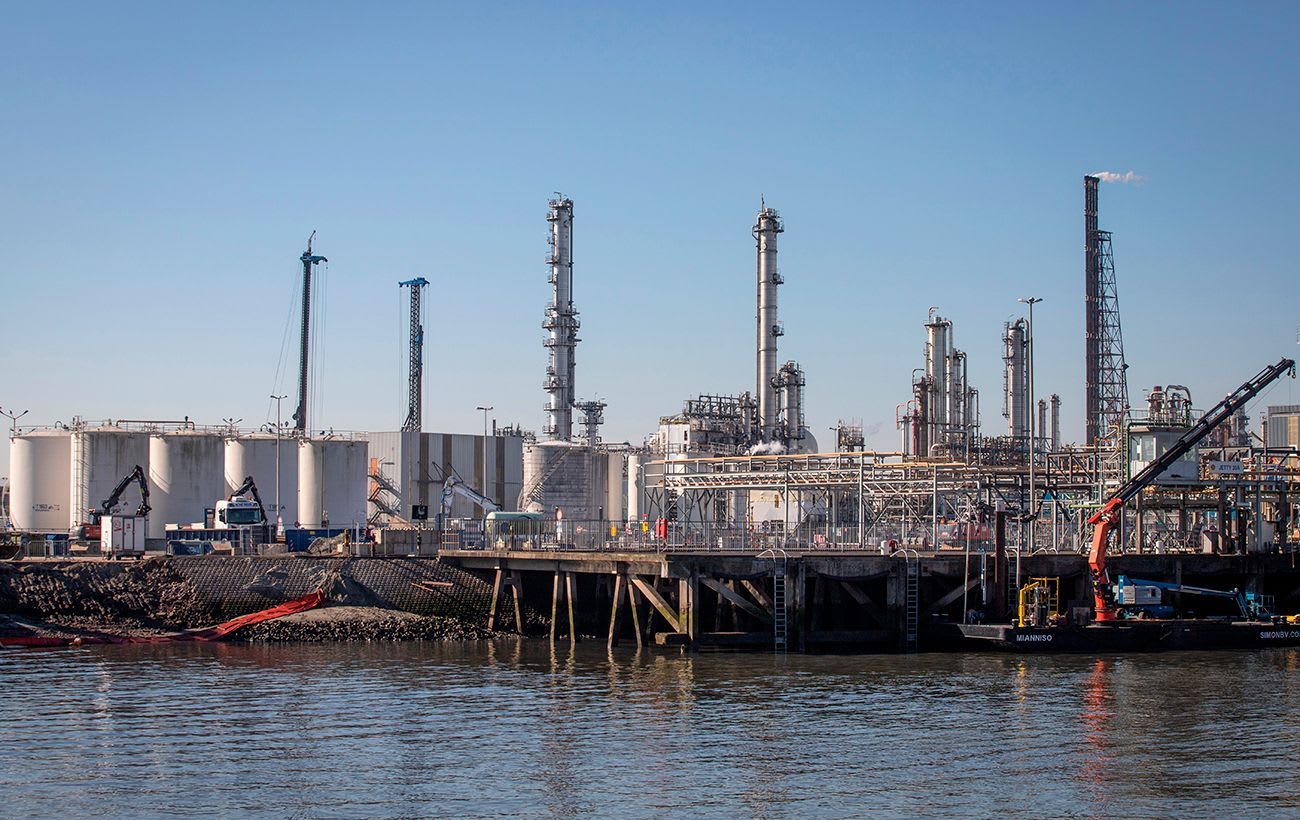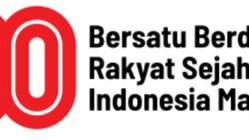Preparing for Potential Conflict: Rotterdam’s Role in NATO Logistics
The port of Rotterdam, Europe’s largest, is undergoing significant changes as local authorities prepare for potential military action. According to recent reports, the port is setting aside space for NATO ships and planning specific routes for transferring weapons. These steps are part of broader efforts to ready the region for a possible conflict with Russia.
Support kami, ada hadiah spesial untuk anda.
Klik di sini: https://otieu.com/4/9378733
One of the key developments involves amphibious landing exercises taking place in the maritime harbor. While the port has previously received weapon shipments, it has never had a dedicated berth for military logistics, even during the height of the Cold War. Now, part of the container terminal is being repurposed to facilitate the safe transfer of ammunition between vessels.
Port director Boudewijn Siemons emphasized that military supply logistics will be coordinated with the Port of Antwerp in Belgium. This collaboration is especially important when receiving cargo from the United States, the United Kingdom, and Canada. “We see each other less and less as competitors. Of course, we compete where we need to, but we work together where we can,” Siemons noted.
If there is a need to move large volumes of weaponry, Rotterdam will turn to Antwerp or other ports to share the load—and vice versa. This cooperative approach highlights the growing importance of regional coordination in preparing for potential security threats.
Strategic Moves by the Dutch Government
In May, the Dutch Ministry of Defense confirmed that the Port of Rotterdam would provide space for military deliveries at NATO’s request. This decision is part of the EU’s broader rearmament program. The port also serves as a storage site for the strategic oil reserve, underscoring its critical role in national and regional security.
Dutch officials have called on European countries to focus on securing other essential resources, including copper, lithium, and graphite. These materials are vital for modern defense technologies and energy infrastructure, making their availability a key concern for future preparedness.
EU’s Growing Concerns Over Russian Aggression
The European Union is increasingly focused on the possibility of a conflict with Russia. German Defense Minister Boris Pistorius recently warned that Russia could attack NATO territory within the next few years. Lithuanian President Gitanas Nausėda supports this assessment, suggesting that Russia might launch a new offensive in the coming years, with the Baltic states likely to be primary targets.
These concerns are not unfounded. Economic models from Bloomberg Economics estimate that a full-scale Russian war against Europe could result in global GDP losses of up to $1.5 trillion. Such figures highlight the economic and geopolitical stakes involved in any potential conflict.
Implications for Regional Security
The preparations at the Port of Rotterdam reflect a broader shift in how European nations are approaching security challenges. As tensions with Russia continue to rise, the need for coordinated military logistics and resource management becomes more pressing. Ports like Rotterdam and Antwerp are playing a crucial role in ensuring that NATO and EU member states can respond effectively to any potential threat.
This level of preparation also signals a growing awareness of the interconnected nature of security and economic stability. By working together, European countries can better protect their interests and maintain resilience in the face of uncertainty.
As the situation evolves, the role of key infrastructure such as the Port of Rotterdam will become even more significant. It is no longer just a hub for commercial trade but an essential component of the region’s defense strategy. With continued cooperation and strategic planning, European nations aim to strengthen their position in an increasingly unpredictable global landscape.







